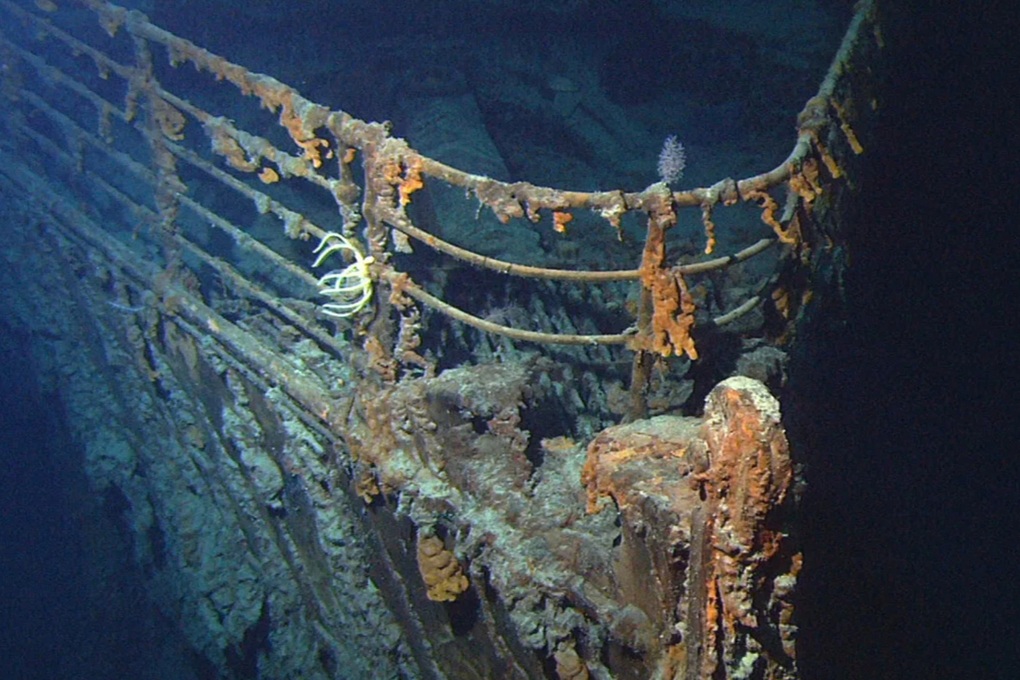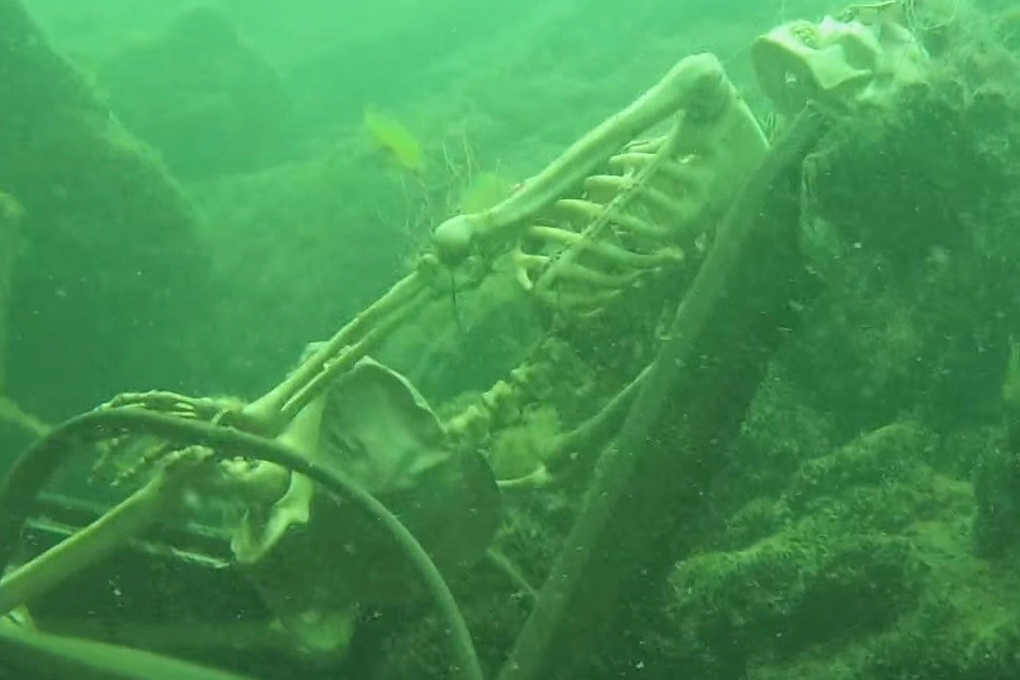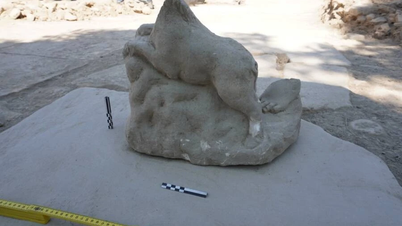
No remains have yet been found inside the Titanic wreck (Photo: Getty).
More than a century has passed since the sinking of the Titanic - one of the greatest maritime tragedies of the 20th century. But to this day, no human remains have been discovered inside the wreck.
This has made many people curious, even giving rise to strange hypotheses on social networks. However, scientists have given convincing scientific explanations, focusing on the harsh deep-sea environment and the natural biological decomposition process.
The disaster killed 1,500 people
RMS Titanic - the legendary ship dubbed "unsinkable" - was sunk by an iceberg on the night of April 14 and early morning of April 15, 1912, taking the lives of more than 1,500 out of a total of more than 2,200 passengers and crew.
The wreck now lies at a depth of about 3,800 meters, in an area of sea with almost no sunlight, pressure hundreds of times higher than at sea level, and water temperatures approaching freezing point.
These are extremely harsh deep-sea physical, chemical and biological conditions, creating a valuable "natural laboratory" for marine scientists, geologists and ocean exploration engineers.
The ship was only rediscovered in 1985 by the work of ocean explorer Robert Ballard. Since then, dozens of submarine dives have reached the wreck, yielding a wealth of images, specimens, and important data.
These included unexpected discoveries such as localized explosions in the hull as it sank, or the ship splitting in two before hitting bottom, instead of simply sinking straight as initially described.
But although many relics have been discovered such as suitcases, leather shoes, clothes, no human skeleton has ever been found. James Cameron, who has made 33 dives to the Titanic wreck, confirmed: "We have seen intact shoes - a sign that people were there - but never human bones."
Decoding the reason why remains cannot survive

A human skeleton was found in the Colorado River, near the border of Arizona and California, USA (Photo: Boat).
According to scientists, the reason no remains were found in the Titanic wreck is due to a phenomenon called "Calcium Carbonate Compensation Depth" (CCD).
The CCD is known to be about 914 meters below the ocean floor. This is where calcium carbonate, the building block of human bones, is no longer stable and begins to dissolve completely due to the high pressure and low saturation in cold seawater.
Because the Titanic wreck lies in deep water below the CCD, any skeletons—even if they originally existed—would have disintegrated over time.
Additionally, deep-sea scavengers such as fish, microorganisms, and crustaceans rapidly consumed the remaining body tissue. Combined with strong ocean currents and severe weather, bodies not trapped in the hull could have drifted away from the wreck site within hours or days of the disaster.
Some researchers have theorized that in airtight areas like engine rooms, where oxygen-poor water makes it difficult for organisms to penetrate, remains could be preserved longer. However, after more than 111 years, the likelihood of finding any intact remains is slim, if not impossible.
The complete disappearance of human bones in the Titanic wreck was not supernatural, nor was it due to a "cover-up" as some conspiracy theories have circulated.
Instead, it is a natural consequence of biodegradation, deep-sea chemistry, and flow mechanics—factors that scientists continue to study to better understand how nature handles man-made disasters at the bottom of the ocean.
Source: https://dantri.com.vn/khoa-hoc/vi-sao-van-chua-tim-thay-hai-cot-trong-xac-tau-titanic-20250517150158989.htm




![[Photo] Ready for the 2025 Fall Fair](https://vphoto.vietnam.vn/thumb/1200x675/vietnam/resource/IMAGE/2025/10/14/1760456672454_ndo_br_chi-9796-jpg.webp)
































































































Comment (0)